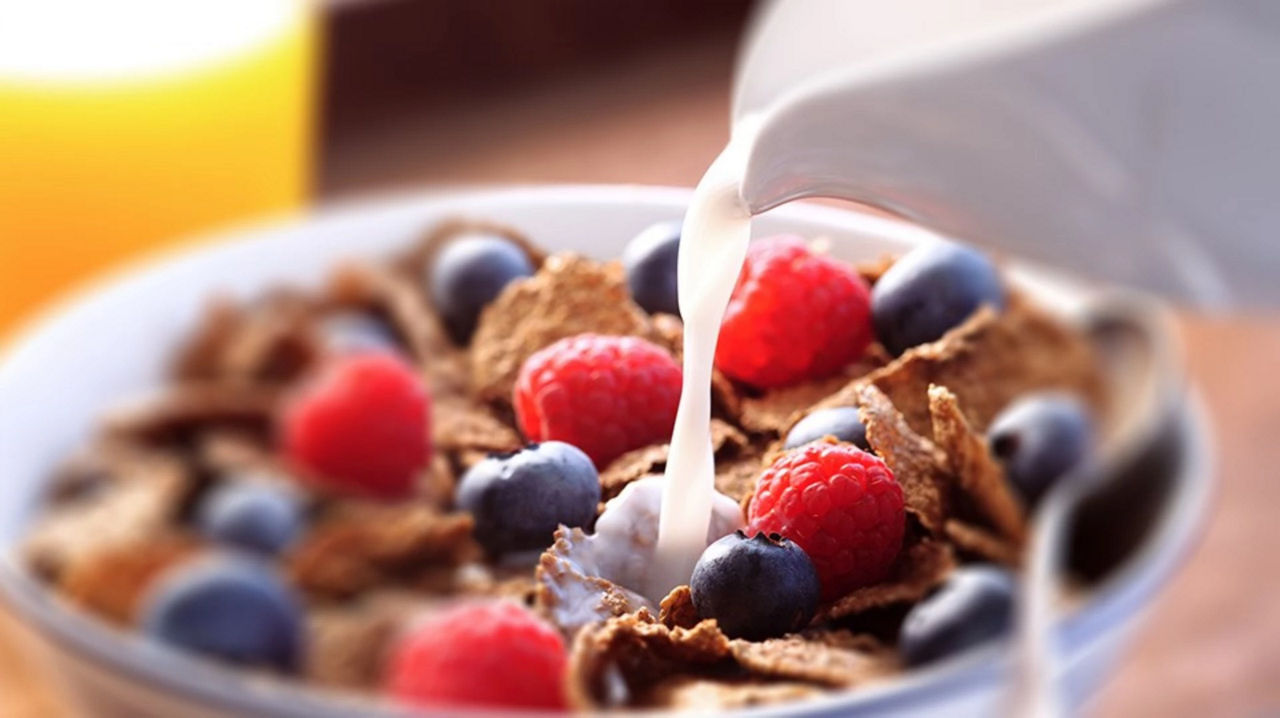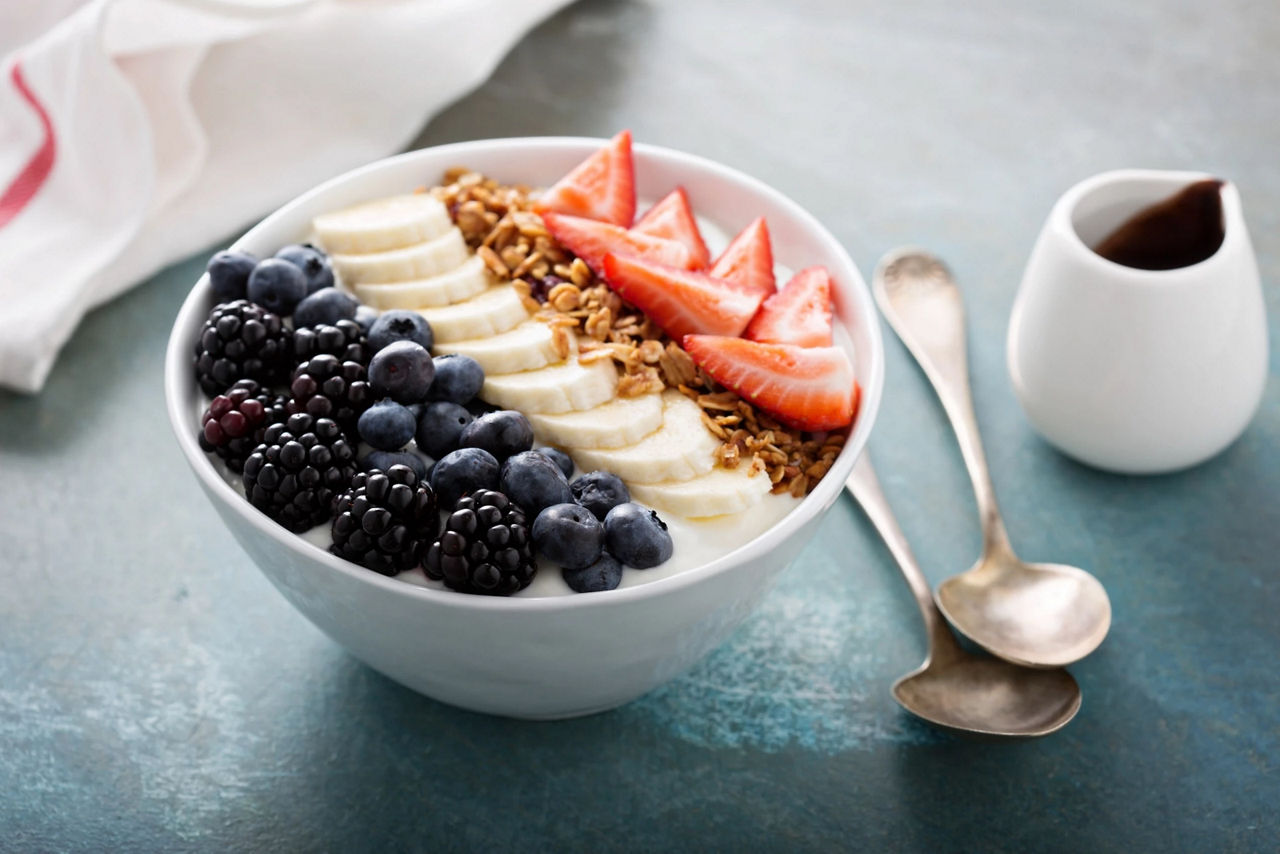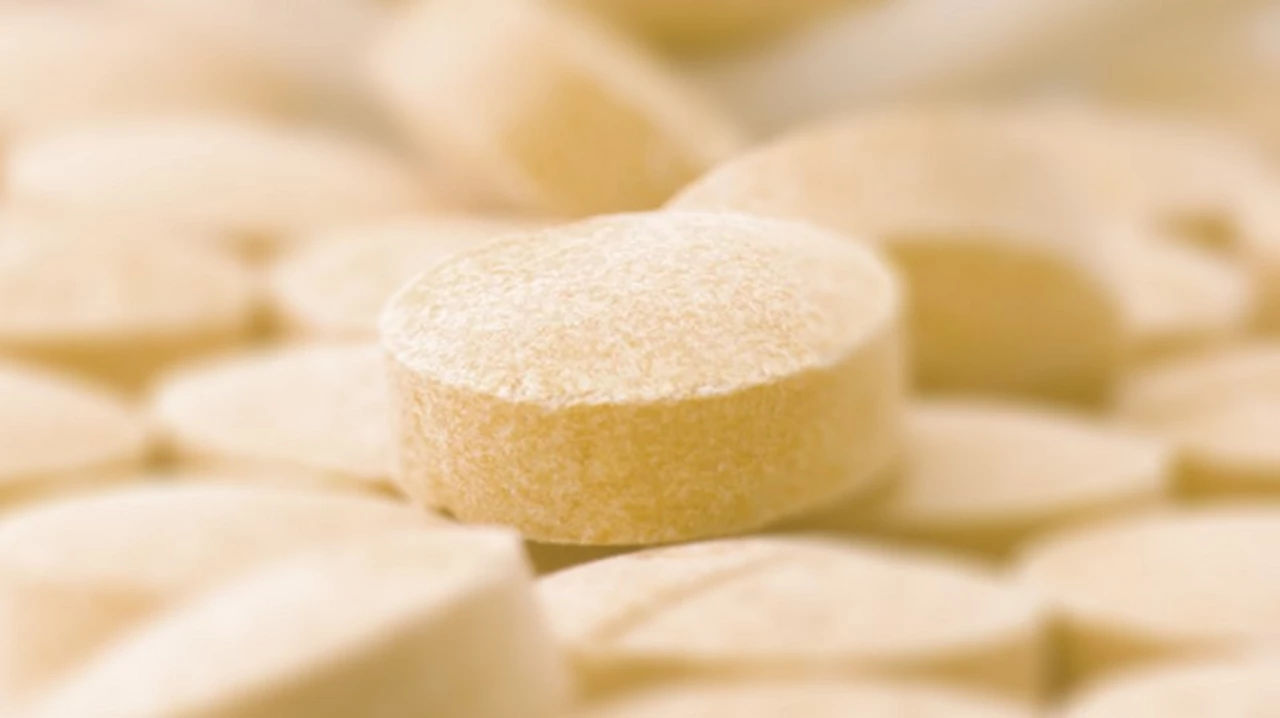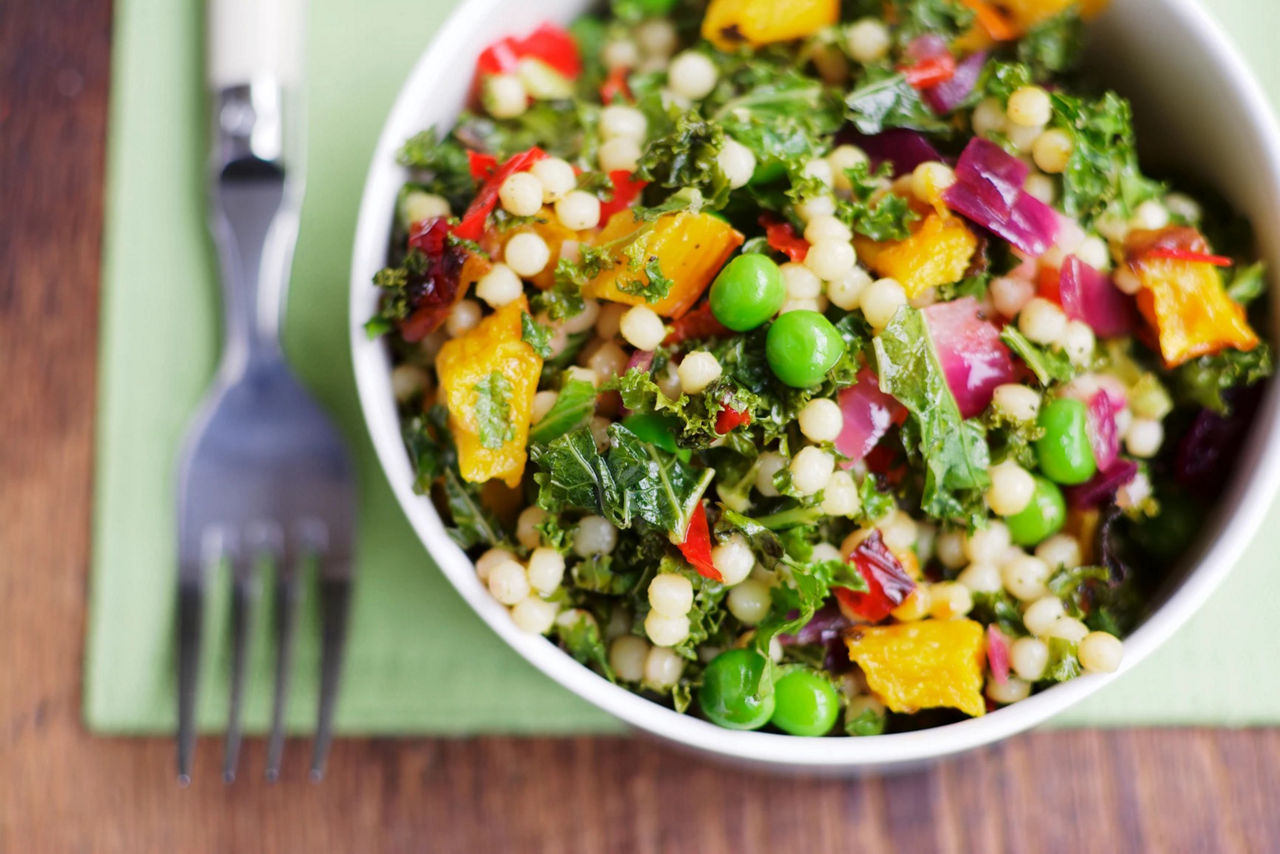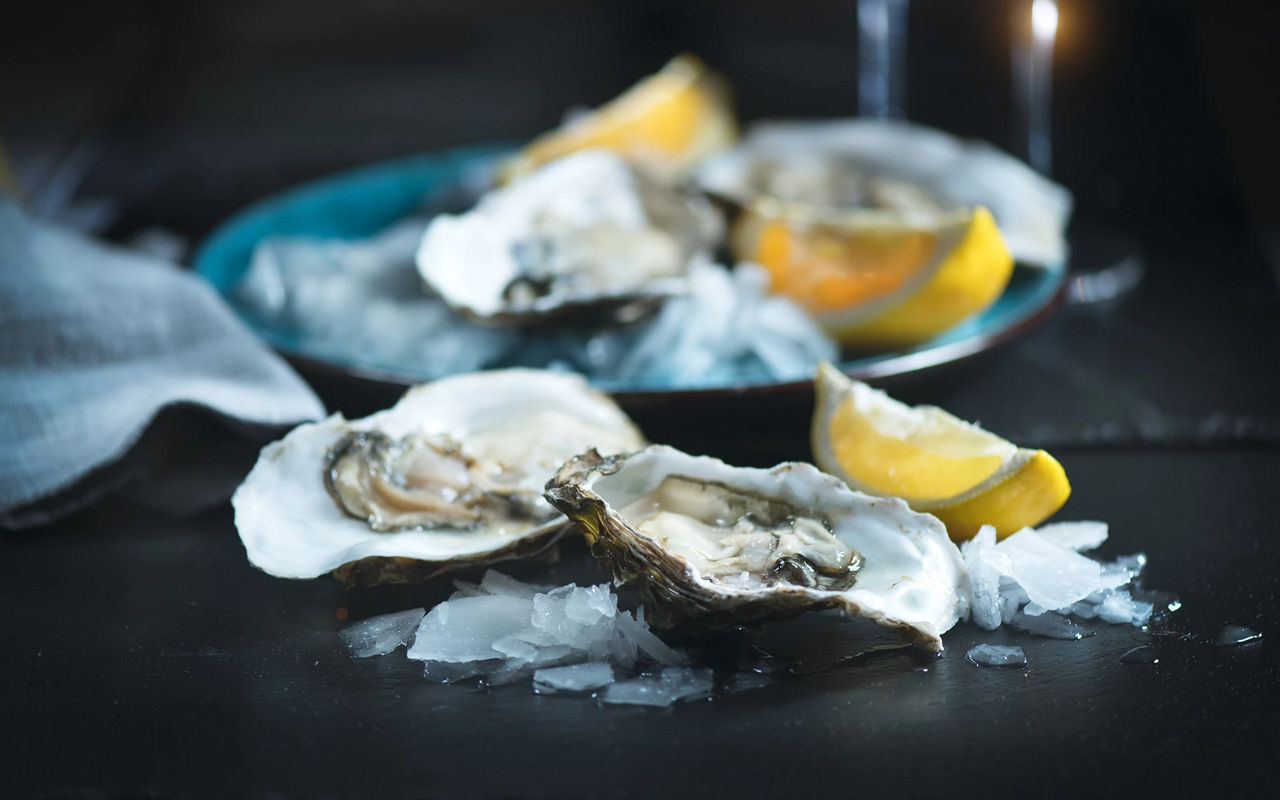Vitamin K is a group of vitamins which the body needs for blood clotting and helping wounds to heal properly1.
It’s important to make sure that you and your baby are getting enough vitamin K during pregnancy, and in preparation for labour and your recovery afterwards2, 3. But just what is the importance of vitamin K during pregnancy? How much of it do you need? And why is it given to newborn babies immediately after birth?
Below you’ll find the answer to all these questions, and more information and advice around vitamin K and pregnancy.
